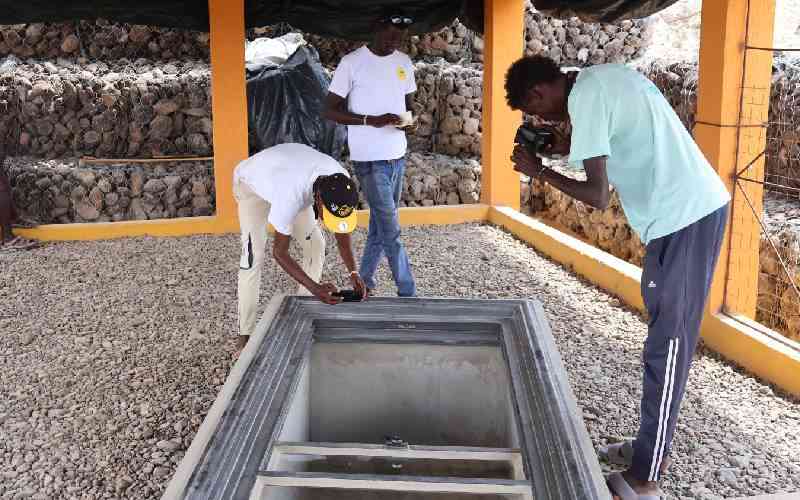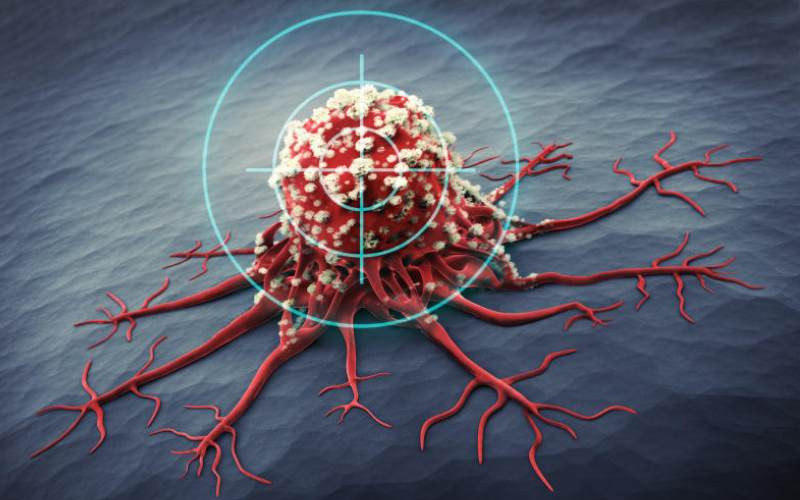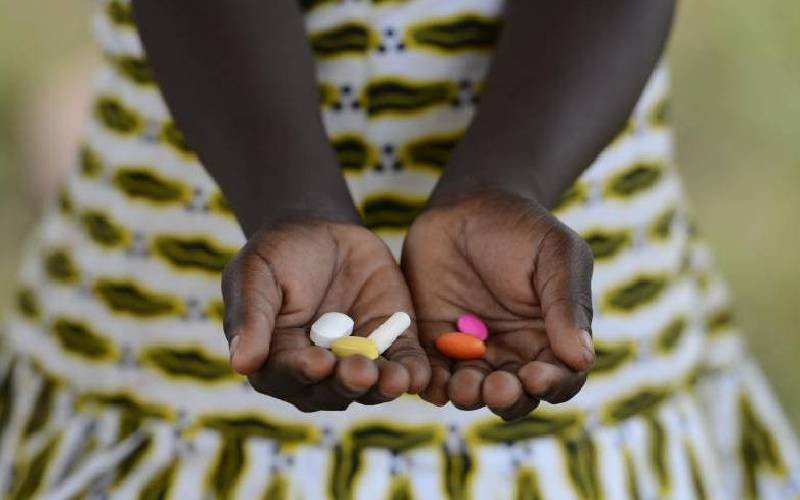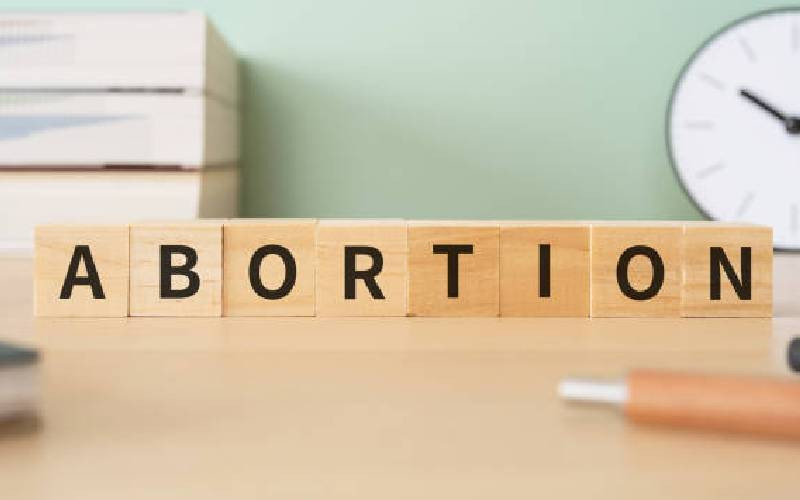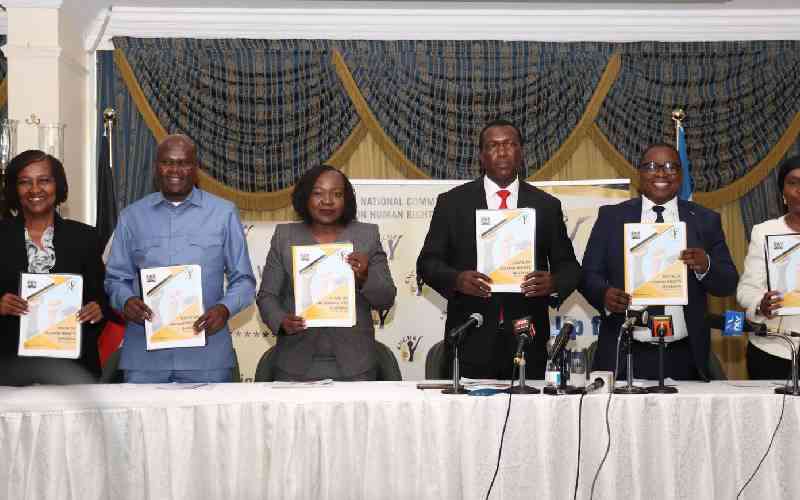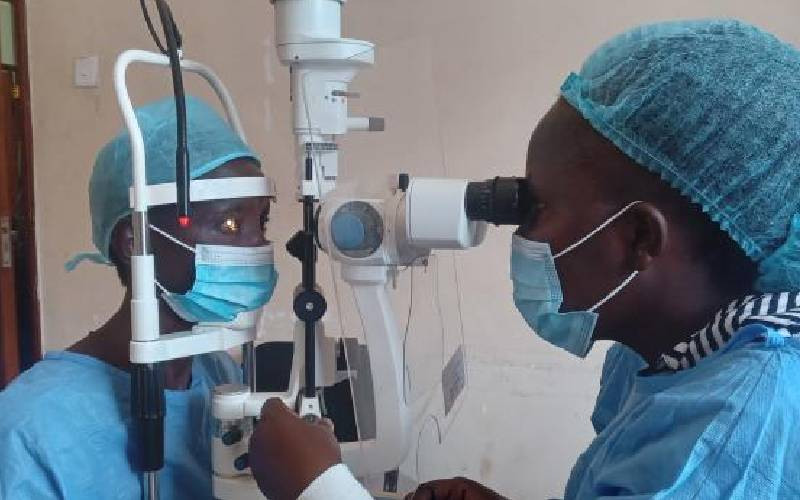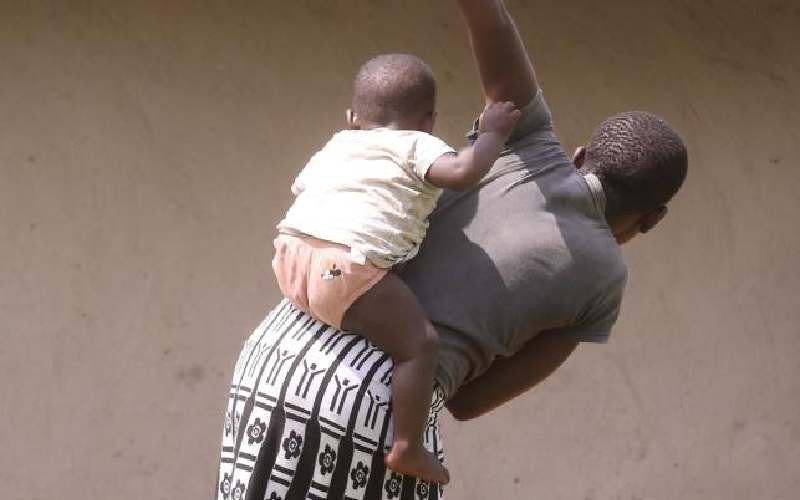
Though SHA policy on teenagers in need of maternal care remains a grey area, an insider at SHA hinted to The Standard that teenage mothers are entitled to a dedicated package of services under the new health insurance scheme. But lack of awareness and poor coordination at health facilities is leaving many without care.
“There is a special identification number that should be issued to teenage mothers. They should be getting services, and those who cannot pay are covered by government funds,” the official explained. “Once a teenager is identified at the hospital as being pregnant, their data should be keyed in the SHA system for access to care.”
The special identification number is only issued at Level 4, 5, and 6 hospitals. However, despite the existence of the scheme, many adolescents continue to struggle.
Dispensaries and health centres—which are often the first point of contact, rarely register them, pushing the workload to referral hospitals.
“In a facility like Moi Teaching and Referral Hospital (MTRH), you will see many adolescent deliveries. They are proactive in registration. But at smaller hospitals, staff ignore it, saying it is too heavy a workload,” the insider said.
For smooth service discharge, SHA had initially tried to avoid registering teenage mothers under their parents’ accounts, to ensure they receive post-delivery support independently.
Registering pregnant teenagers as beneficiaries of their parents, according to the source, limits their access to services.
- 40 hospitals, 8 doctors, 4 clinicians suspended in SHA graft crackdown
- Why SHA health scheme locks out teenage mothers
- No cash, no services: Private hospitals declare
- SHA officials pose as patients in bid to silence protesting hospitals
Keep Reading
“The aim was to capture them at pregnancy and walk with them through the journey. But the problem is limited information at the community level,” the source said.
Community Health Promoters (CHPs) are expected to bridge this gap by educating families and linking adolescents to designated desks at Level 4 hospitals. Yet, without stronger involvement of lower-level facilities, many teen mothers miss out on quality care.
“If you are an indigent mother and registered, the government pays for you. The reason you are not asked to pay is because you need to prove your need, otherwise everyone would abuse the program,” the insider added.
Teen mothers are currently integrated into a broader program for vulnerable groups, including Linda Mama, but delays and gaps in the system mean many only get attention after delivery rather than during pregnancy, when care is most critical.
 The Standard Group Plc is a multi-media organization with investments in media
platforms spanning newspaper print
operations, television, radio broadcasting, digital and online services. The
Standard Group is recognized as a
leading multi-media house in Kenya with a key influence in matters of national
and international interest.
The Standard Group Plc is a multi-media organization with investments in media
platforms spanning newspaper print
operations, television, radio broadcasting, digital and online services. The
Standard Group is recognized as a
leading multi-media house in Kenya with a key influence in matters of national
and international interest.

